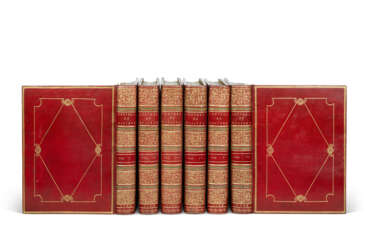
Books and manuscripts — Cabinet des livres de Pierre Brossette
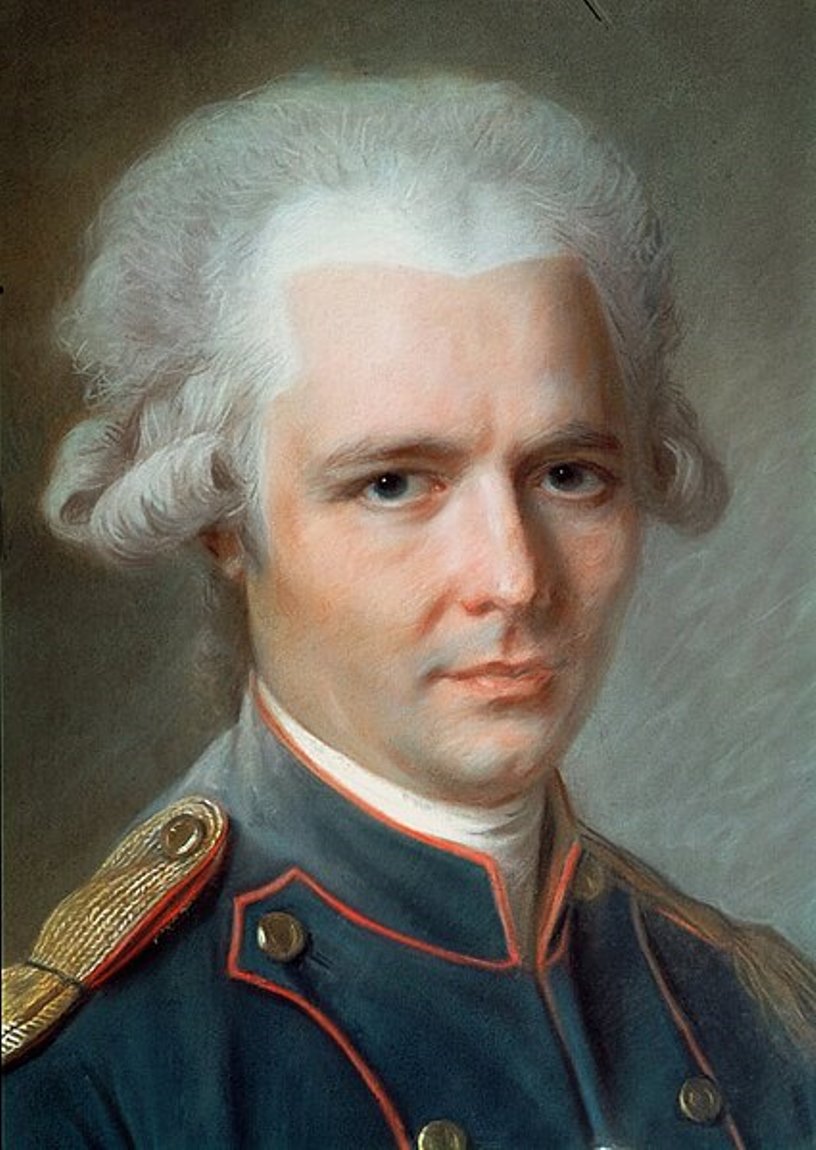
Pierre Choderlos de Laclos, full name Pierre Ambroise François Choderlos de Laclos, was a French politician, inventor, military leader, and writer.
De Laclos initially pursued a military career, but soon abandoned it, deciding that he would achieve greater fame by becoming a writer. He wrote poetry, erotic stories. His first novel "Dangerous Liaisons" (Les Liaisons dangereuses, 1782) immediately made a great impression and caused a mixed reaction in society. This is one of the masterpieces of novelistic literature of the XVIII century, which describes the love affairs of the aristocracy. On its motives, a large number of commentaries were later written, plays were staged and movies were filmed.
Later, Pierre Choderlot de Laclos worked for some time as secretary to the Duke of D'Orleans, writing several treatises on military and political topics. And in 1792 he again joined the army, where under Napoleon he rose to the rank of general, participated in the Rhine and Italian campaigns.
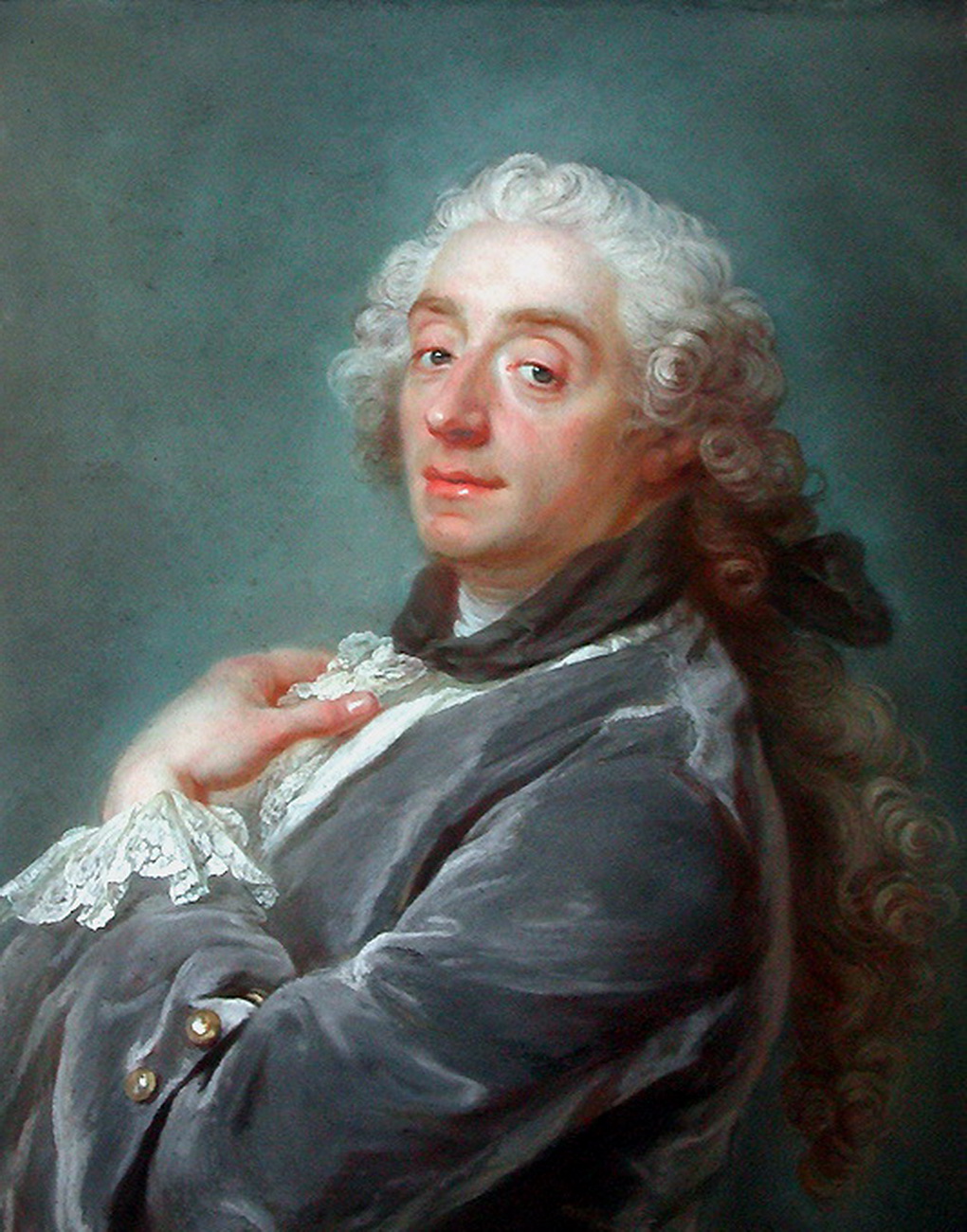
François Boucher, a French artist, is celebrated for his significant contributions to the Rococo style of painting. His works are renowned for their idyllic and voluptuous themes, which include classical subjects, decorative allegories, and pastoral scenes. Boucher's talent in creating intricate and charming paintings made him a favorite in the French court, especially with Madame de Pompadour.
François Boucher's skills were not confined to painting alone; he was also an adept draftsman and tapestry designer. His designs for the Beauvais tapestry workshops were highly successful, influencing decorative arts across Europe. Moreover, Boucher's influence extended to porcelain, with his designs being replicated on tableware and decorative pieces at the Vincennes and Sèvres factories.
Despite the later criticism of his style as overly frivolous and disconnected from the emerging Neoclassical trends, François Boucher's works continue to be admired for their aesthetic beauty and historical significance. His ability to blend various elements into a cohesive and appealing visual narrative demonstrates his mastery and enduring legacy in the art world.
For art collectors and enthusiasts, François Boucher's oeuvre offers a fascinating glimpse into 18th-century French art and culture, reflecting the opulence and delicate tastes of the Rococo period. His paintings and designs continue to be celebrated and studied for their artistic merit and historical context.
To stay updated on the latest exhibitions, sales, and events related to François Boucher's works, consider subscribing to updates from reliable art and antique sources. This way, you'll remain informed about opportunities to engage with the art of one of Rococo's most distinguished masters.
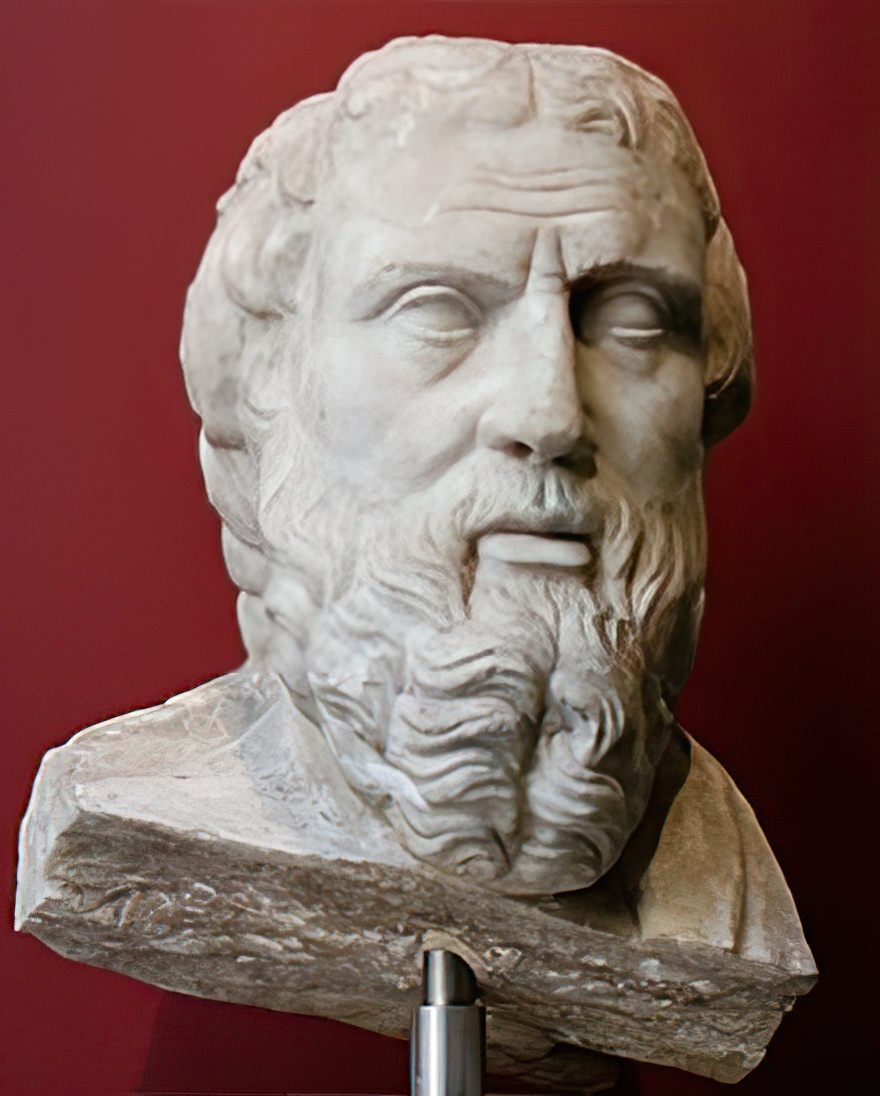
Plutarch, full Roman name Lucius Mestrius Plutarch, was an ancient Greek writer, historian and philosopher of the Roman era.
Plutarch came from a wealthy family, received a good home education, then studied in Athens with the Platonic philosopher Ammonius. In his youth he traveled a lot, twice visited Rome, where he gave public lectures, visited Alexandria, the cities of Balkan Greece. But most of his life Plutarch spent in his native Cheronea, where he was engaged in public and educational activities. At the age of about 50, he became a priest of Apollo at Delphi, as well as an honorary Athenian and Roman citizen.
Some of Plutarch's writings are devoted to various philosophical, didactic, and historical topics. These include "Moral Essays" or "Moralia", "Platonic Questions", "On Monarchy, Democracy and Oligarchy", "Instructions on State Affairs" and others. Plutarch wrote a lot of biographical works, among them "On the Fortune and Valor of Alexander the Great". The greatest popularity enjoyed "Comparative biographies", in which Plutarch recreated the images of prominent political figures of Greece and Rome. In total, 46 paired and 4 single biographies have survived.
A lot of Plutarch's publications are devoted to family and human values in general, which he considers in great detail. Plutarch's humane writings were popular during the Roman Empire, retained their importance in the Byzantine period, and with the beginning of the Renaissance became an integral part of humanistic European culture.
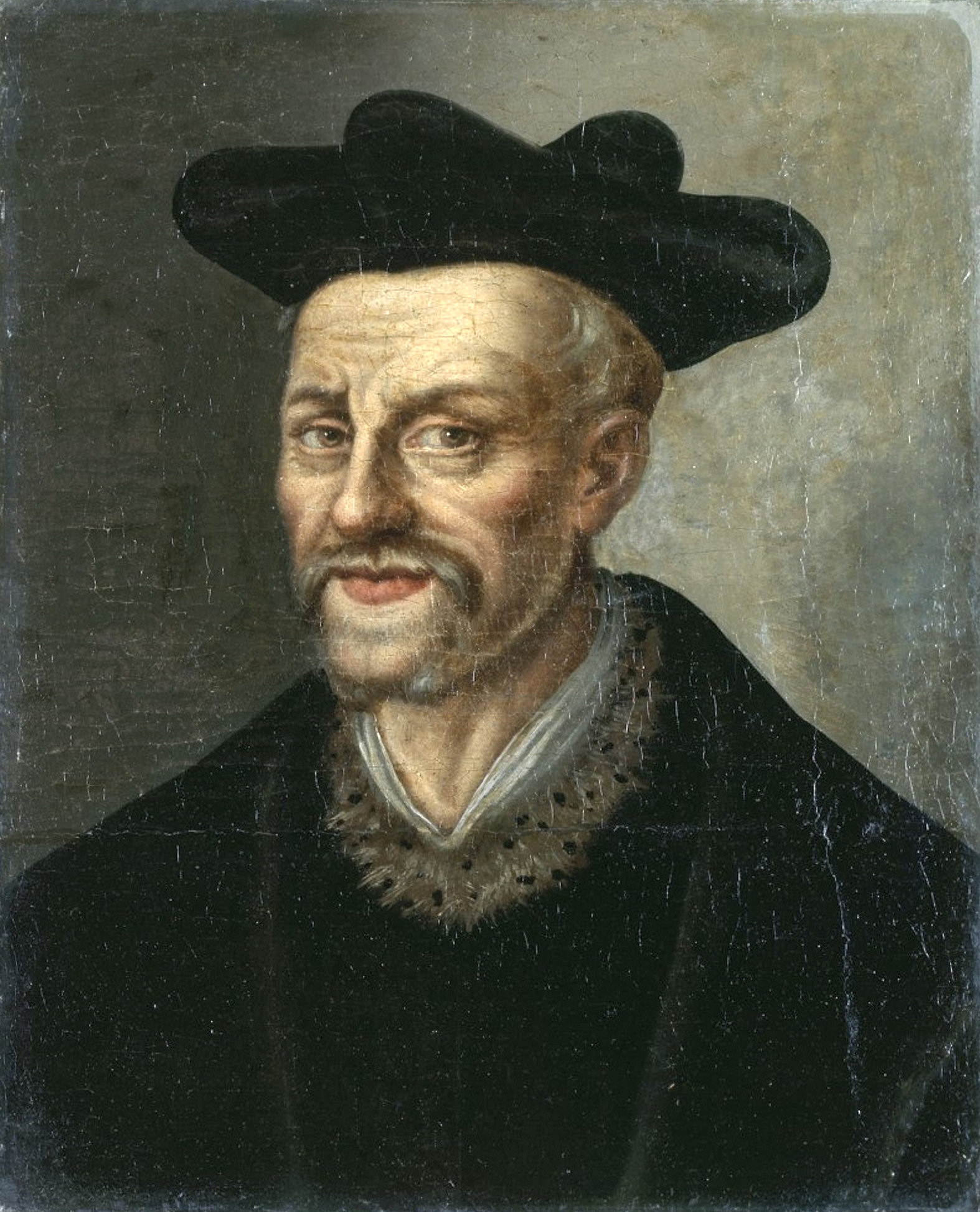
François Rabelais was a French Renaissance writer, physician, Renaissance humanist, monk and Greek scholar. He is primarily known as a writer of satire, of the grotesque, and of bawdy jokes and songs.
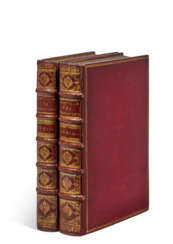

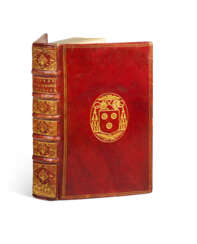

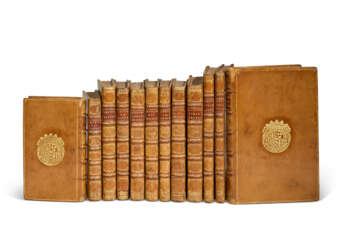



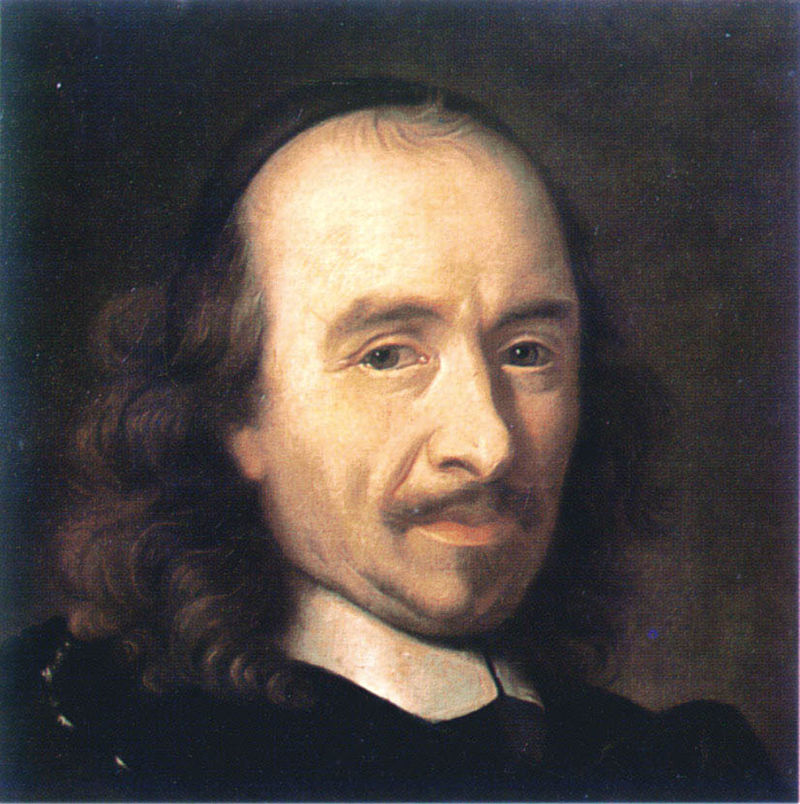
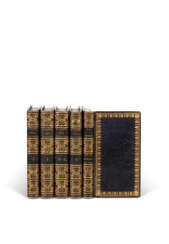

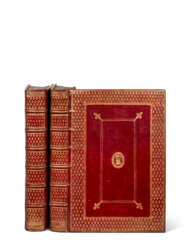

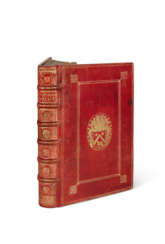

![[ANTHOLOGIE POÉTIQUE FRANÇAISE]](/assets/image/picture_4604952/bf9bb/3eb0acd0b1c29cdd479029da8a1f97c61747864800jpg__fix_374_244.jpeg)
![[ANTHOLOGIE POÉTIQUE FRANÇAISE]](https://veryimportantlot.com/assets/image/picture_4604952/bf9bb/3eb0acd0b1c29cdd479029da8a1f97c61747864800jpg__fix_374_244.jpeg)
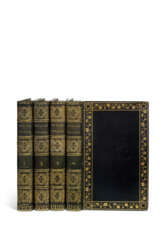



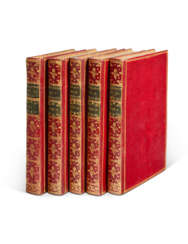

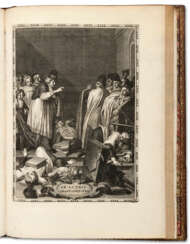

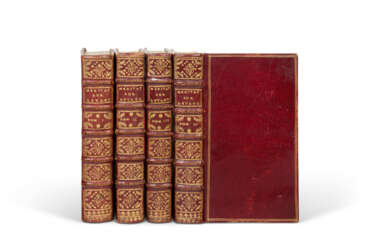



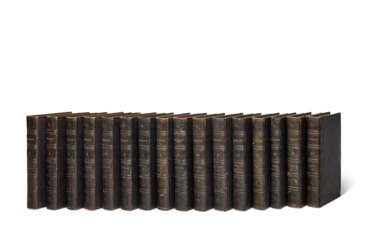

![[LACLOS, Pierre CHODERLOS de (1741-1803)]](/assets/image/picture_4604749/f9fc4/438380a16a0957601b4992964a9dbf391747864800jpg__fix_374_244.jpeg)
![[LACLOS, Pierre CHODERLOS de (1741-1803)]](https://veryimportantlot.com/assets/image/picture_4604749/f9fc4/438380a16a0957601b4992964a9dbf391747864800jpg__fix_374_244.jpeg)
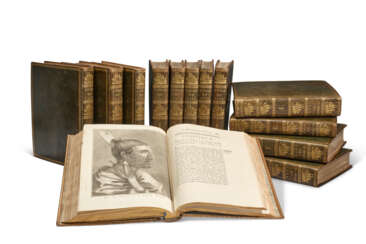

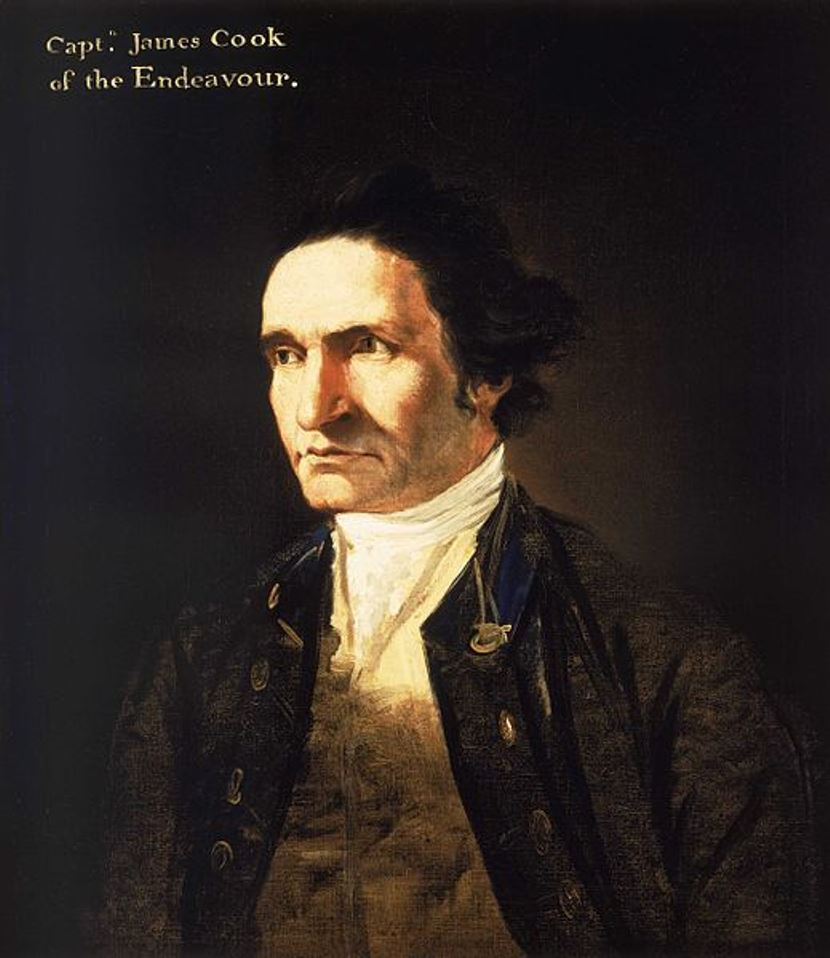
![[DIDEROT, Denis (1713-1784)] et Guillaume-Thomas RAYNAL, abbé (1713-1796)](/assets/image/picture_4604568/f1838/1c0739c9a6ff6a56136710a53f0977841747864800jpg__fix_374_244.jpeg)
![[DIDEROT, Denis (1713-1784)] et Guillaume-Thomas RAYNAL, abbé (1713-1796)](https://veryimportantlot.com/assets/image/picture_4604568/f1838/1c0739c9a6ff6a56136710a53f0977841747864800jpg__fix_374_244.jpeg)
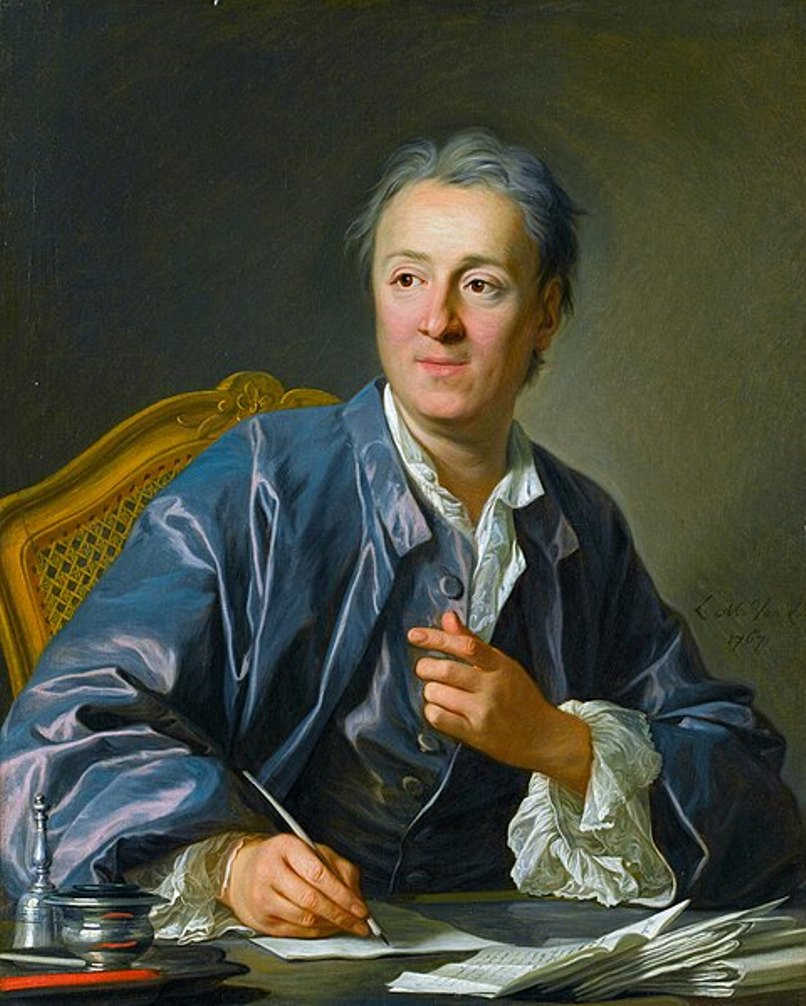
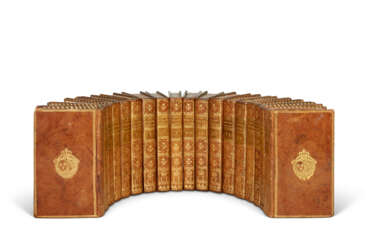

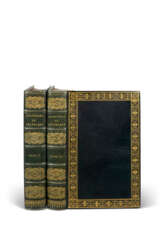



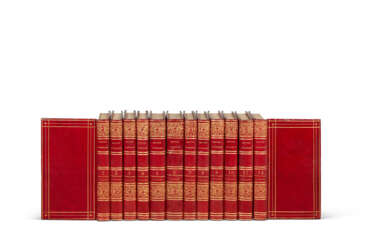

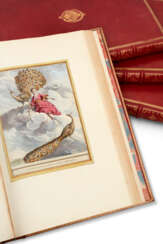

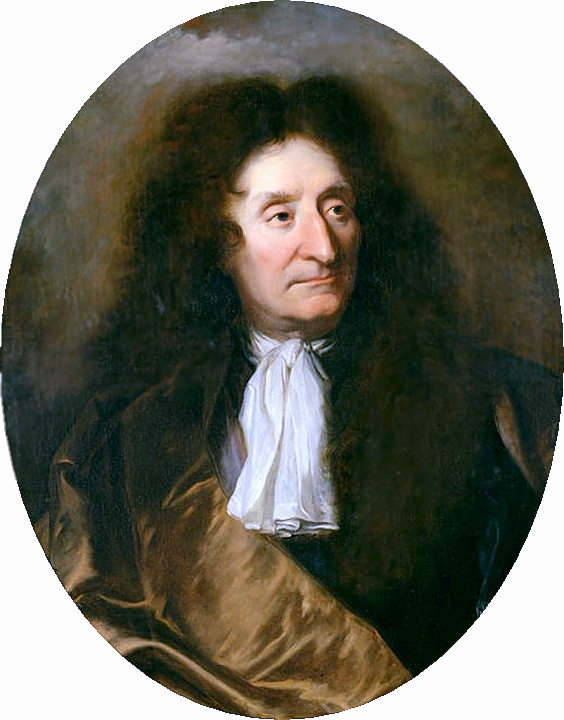






![[MONTESQUIEU, Charles-Louis de Secondat, baron de (1689-1755)]](/assets/image/picture_4604831/df92d/4b24b13b4d61805b7d6ba9441053cc001747864800jpg__fix_374_244.jpeg)
![[MONTESQUIEU, Charles-Louis de Secondat, baron de (1689-1755)]](https://veryimportantlot.com/assets/image/picture_4604831/df92d/4b24b13b4d61805b7d6ba9441053cc001747864800jpg__fix_374_244.jpeg)
